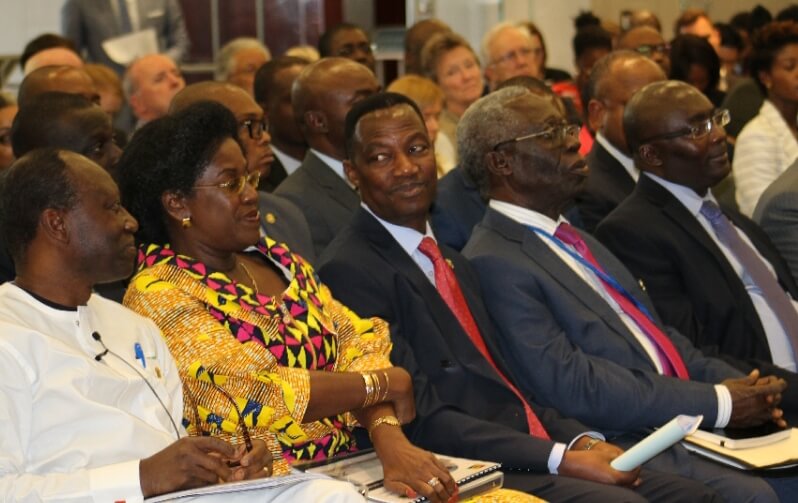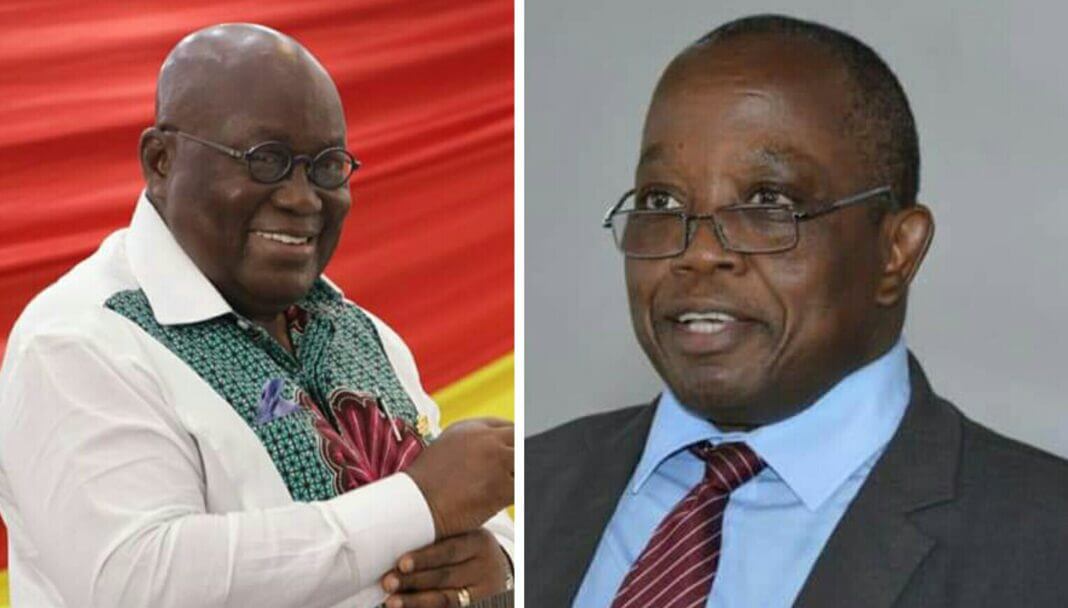
Cyril Ramaphosa was officially elected as South Africa’s new President on 15 February 2018, following the resignation of Jacob Zuma.
Matamela Cyril Ramaphosa was born on 17 November 1952 in Soweto, Johannesburg. A politician, former trade unionist and businessman, Ramaphosa has had a remarkable, but not controversy free career.

Ramaphosa attended Tshilidzi Primary School and Sekano Ntoane High School, he then matriculated from Mphaphuli High School in Sibasa, Venda.
He later went on to study law at the University of the North (Turfloop) in 1972 where he became involved in student politics.
He was detained twice by the apartheid government and later became a clerk at a Johannesburg law firm where he completed his legal studies through UNISA.
He then joined the Council of Unions of South Africa (CUSA) as an advisor in the legal department from where he went on to start a union for mineworkers.
In the 1990s, he was central to negotiations to end apartheid and became a member of parliament after the country’s first democratic elections in 1994.
He lost the race to become President of South Africa to Thabo Mbeki in 1996 and resigned from political positions in 1997. From there, Ramaphosa moved to the private sector, although he continued to be involved in the African National Congress (ANC).
In 2012, he was elected Deputy President of the ANC and deputy President of the country in 2014. He ascended to the presidency of the party at the 2017 ANC National Conference.
But it has not been all smooth sailing.
During the Marikana Commission, which followed the Marikana Massacre, it emerged that Lonmin management solicited Ramaphosa, as Lonmin shareholder and ANC heavyweight, to coordinate “concomitant action” against “criminal” protesters and therefore is seen by many as being responsible for the massacre.
At the Farlam committee Ramaphosa said that Lonmin lobbied government and the SAPS firstly to secure a massive police presence at Lonmin and secondly to characterise what was taking place as a criminal rather than an industrial relations event.
The Daily Maverick reported:
The inquiry found that given the deaths that had already occurred, his intervention did not cause the increase in police on site, nor did he know the operation would take place on 16 August.
“The Commission is of the view that it cannot be said that Mr Ramaphosa was the ’cause of the massacre’,” the report reads. “There is no basis for the commission to find even on a prima facie basis that Mr Ramaphosa is guilty of the crimes he is alleged to have committed.”
Ramaphosa is largely viewed as a leader with business acumen, who will help stabilise political uncertainty and help lobby for investment for South Africa.
Source: Alexis Haden
Oral Ofori is Founder and Publisher at www.TheAfricanDream.net, a digital storyteller and producer, and also an information and research consultant.




